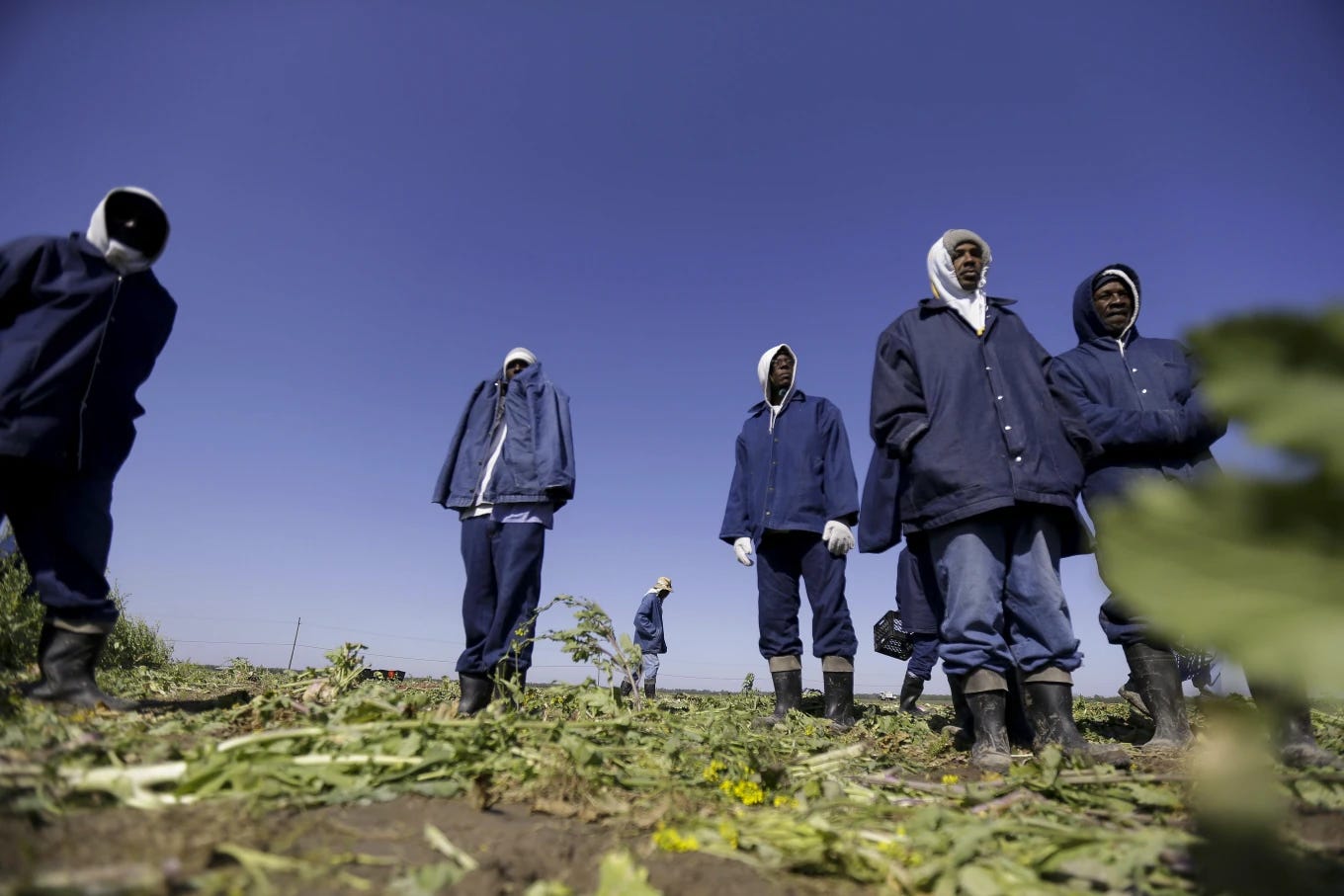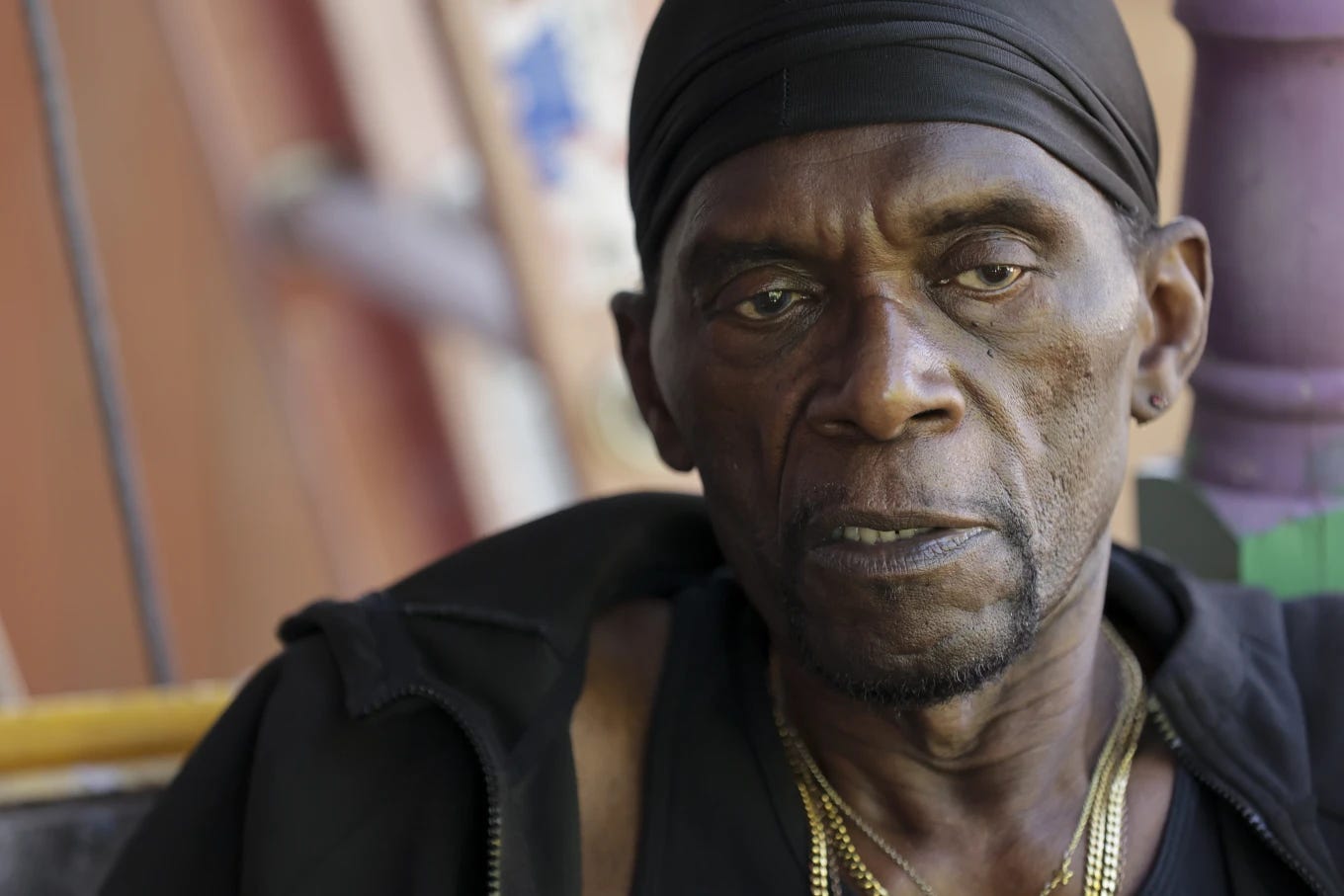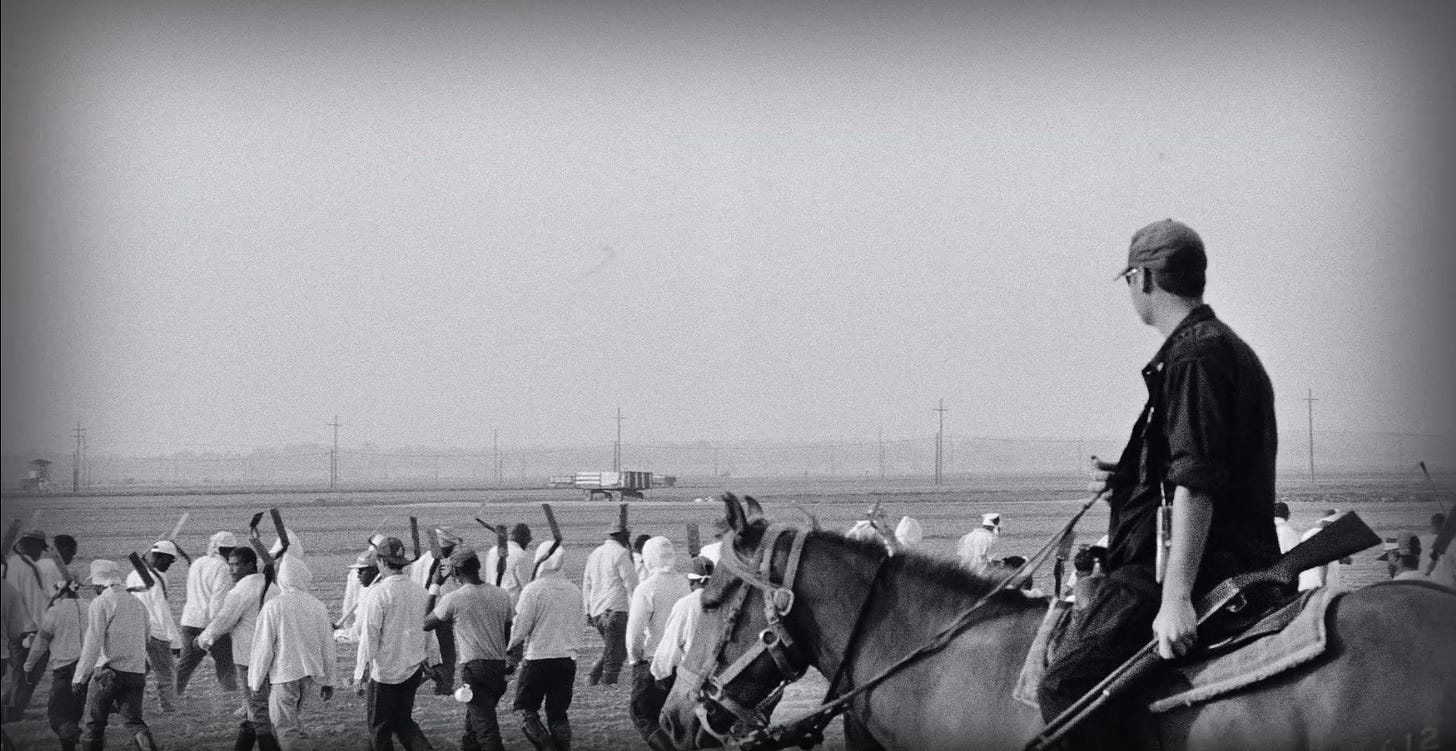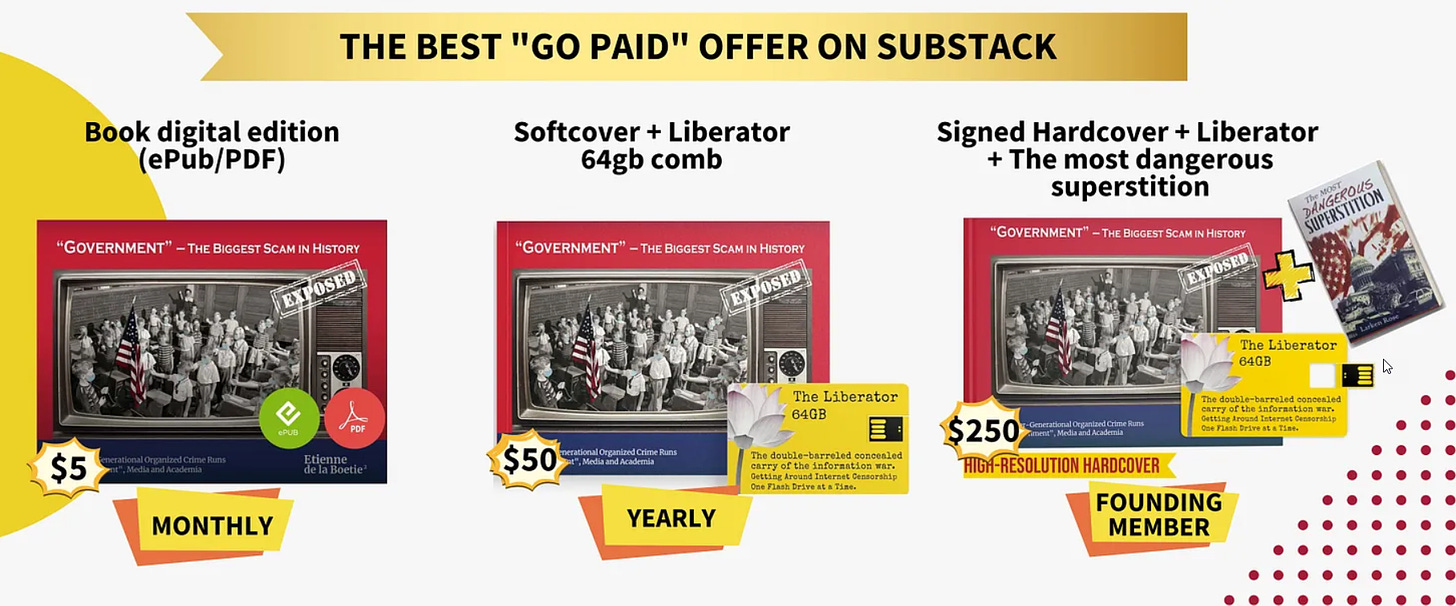Prisoners in the US are part of a hidden workforce linked to hundreds of popular food brands
A hidden path to America’s dinner tables begins here, at an unlikely source
By Robin Mcdowell And Margie Mason
ANGOLA, La. (AP) — A hidden path to America’s dinner tables begins here, at an unlikely source – a former Southern slave plantation that is now the country’s largest maximum-security prison.
Unmarked trucks packed with prison-raised cattle roll out of the Louisiana State Penitentiary, where men are sentenced to hard labor and forced to work, for pennies an hour or sometimes nothing at all. After rumbling down a country road to an auction house, the cows are bought by a local rancher and then followed by The Associated Press another 600 miles to a Texas slaughterhouse that feeds into the supply chains of giants like McDonald’s, Walmart and Cargill.
Intricate, invisible webs, just like this one, link some of the world’s largest food companies and most popular brands to jobs performed by U.S. prisoners nationwide, according to a sweeping two-year AP investigation into prison labor that tied hundreds of millions of dollars’ worth of agricultural products to goods sold on the open market.
They are among America’s most vulnerable laborers. If they refuse to work, some can jeopardize their chances of parole or face punishment like being sent to solitary confinement. They also are often excluded from protections guaranteed to almost all other full-time workers, even when they are seriously injured or killed on the job.

The goods these prisoners produce wind up in the supply chains of a dizzying array of products found in most American kitchens, from Frosted Flakes cereal and Ball Park hot dogs to Gold Medal flour, Coca-Cola and Riceland rice. They are on the shelves of virtually every supermarket in the country, including Kroger, Target, Aldi and Whole Foods. And some goods are exported, including to countries that have had products blocked from entering the U.S. for using forced or prison labor.
Many of the companies buying directly from prisons are violating their own policies against the use of such labor. But it’s completely legal, dating back largely to the need for labor to help rebuild the South’s shattered economy after the Civil War. Enshrined in the Constitution by the 13th Amendment, slavery and involuntary servitude are banned – except as punishment for a crime.
That clause is currently being challenged on the federal level, and efforts to remove similar language from state constitutions are expected to reach the ballot in about a dozen states this year.
Some prisoners work on the same plantation soil where slaves harvested cotton, tobacco and sugarcane more than 150 years ago, with some present-day images looking eerily similar to the past. In Louisiana, which has one of the country’s highest incarceration rates, men working on the “farm line” still stoop over crops stretching far into the distance. Angola, La. (AP Photo/Gerald Herbert, File).

Willie Ingram picked everything from cotton to okra during his 51 years in the state penitentiary, better known as Angola.
During his time in the fields, he was overseen by armed guards on horseback and recalled seeing men, working with little or no water, passing out in triple-digit heat. Some days, he said, workers would throw their tools in the air to protest, despite knowing the potential consequences.
“They’d come, maybe four in the truck, shields over their face, billy clubs, and they’d beat you right there in the field. They beat you, handcuff you and beat you again,” said Ingram, who received a life sentence after pleading guilty to a crime he said he didn’t commit. He was told he would serve 10 ½ years and avoid a possible death penalty, but it wasn’t until 2021 that a sympathetic judge finally released him. He was 73.
The number of people behind bars in the United States started to soar in the 1970s just as Ingram entered the system, disproportionately hitting people of color. Now, with about 2 million people locked up, U.S. prison labor from all sectors has morphed into a multibillion-dollar empire, extending far beyond the classic images of prisoners stamping license plates, working on road crews or battling wildfires.
Go paid at the $5 a month level, and we will send you both the PDF and e-Pub versions of “Government” - The Biggest Scam in History… Exposed! and a coupon code for 10% off anything in the Government-Scam.com/Store.
Go paid at the $50 a year level, and we will send you a free paperback edition of Etienne’s book “Government” - The Biggest Scam in History… Exposed! AND a 64GB Liberator flash drive if you live in the US. If you are international, we will give you a $10 credit towards shipping if you agree to pay the remainder.
Support us at the $250 Founding Member Level and get a signed high-resolution hardcover of “Government” + Liberator flash drive + Larken Rose’s The Most Dangerous Superstition + Art of Liberty Foundation Stickers delivered anywhere in the world. Our only option for signed copies besides catching Etienne @ an event.






